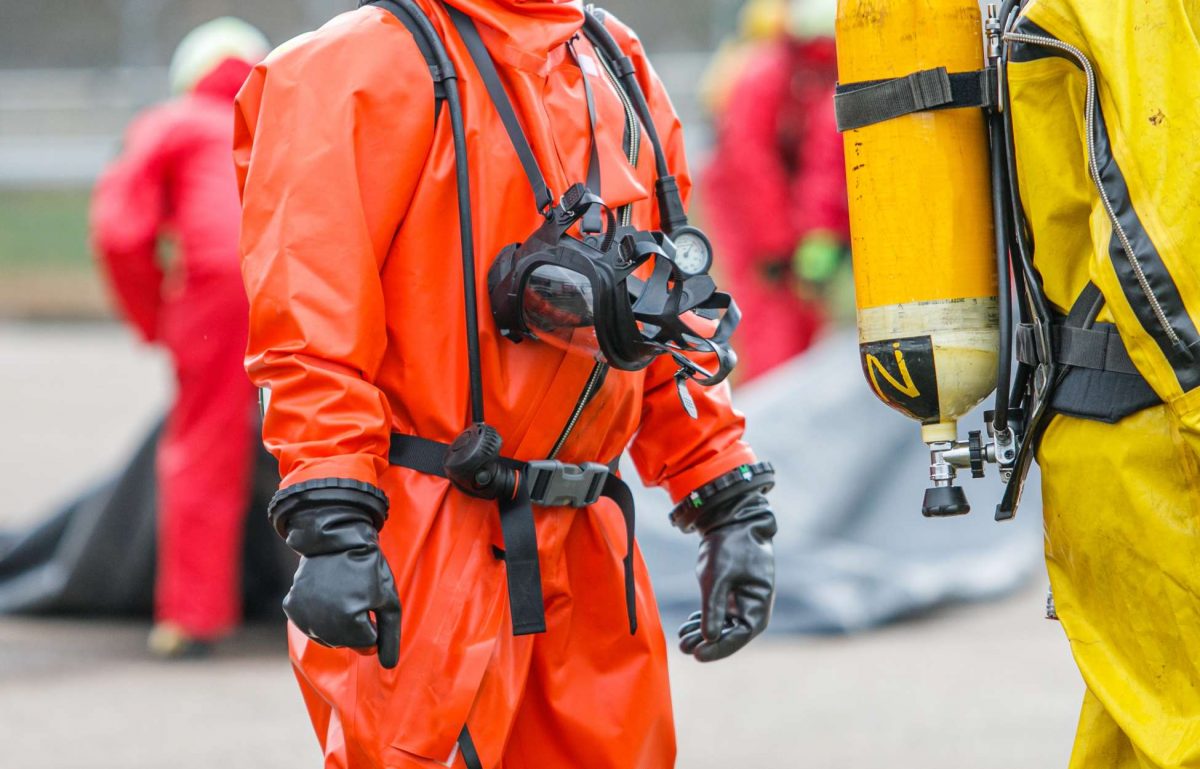When people think of chemical protection suits—perhaps better known as hazmat suits—they often envision scientists in a laboratory setting or emergency responders dealing with a chemical spill. While these are certainly two situations where workers wear chemical protection suits, there are many other industries that also rely on these specialized garments for safety. Let’s explore some of the industries that use chemical protection suits and how they benefit from them.
The Pharmaceutical Industry
First up is the pharmaceutical industry. Workers here deal with various chemicals when making medicines. Safety suits help protect them from spills and exposure. Imagine mixing chemicals all day—you’d want that barrier between you and the substances, too. The suits also prevent contamination, ensuring the medicines these workers produce are safe for consumption.
The Chemical Manufacturing Industry
Next on our list is the chemical manufacturing industry. This industry works with a wide range of chemicals in various forms, from liquids to powders. Employees often wear chemical protection suits when working with these substances to protect themselves from potential exposure or accidents.
While some industries just use the suit itself, others pair the suit with accessories. Workers in this industry often pick out a pair of rubber chemical boots to protect their feet from spills and splashes. This is because the chemicals they handle day-to-day are often extremely corrosive, so they need all-around protection.
The Oil and Gas Industry
The oil and gas industry also relies heavily on chemical protection suits. Workers here are often exposed to hazardous chemicals during extraction and refining processes. Chemical suits provide the necessary protection to prevent skin contact with harmful substances. Working with oil and gas can be dangerous, but these suits make it a lot safer.
The Agriculture Industry
You may not expect it, but the agriculture industry also uses chemical protection suits. The next time you drive by a farm during planting season, take a closer look. You’ll likely see workers in protective suits spraying crops with pesticides and other chemicals. These suits help prevent exposure to these toxic substances and keep the workers safe while they carry out their tasks.
The Medical Field
Last but certainly not least is the medical field. Healthcare professionals often wear chemical protection suits when dealing with highly infectious diseases such as Ebola or COVID-19. These suits provide an added layer of protection against potential exposure to contagious bodily fluids, which helps keep the workers safe and healthy while they care for patients.
What industries use chemical protection suits? The answer is a lot of them! Chemical protection suits help protect lab technicians from exposure to hazardous substances, farmers from pesticides and fertilizers, manufacturing workers from dangerous chemicals, and oil and gas workers from flammable materials. They’re truly versatile pieces of PPE that give workers peace of mind when dealing with hazardous materials. Without them, many essential workers might be eager to switch to a new job!













